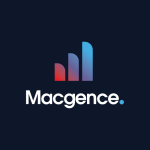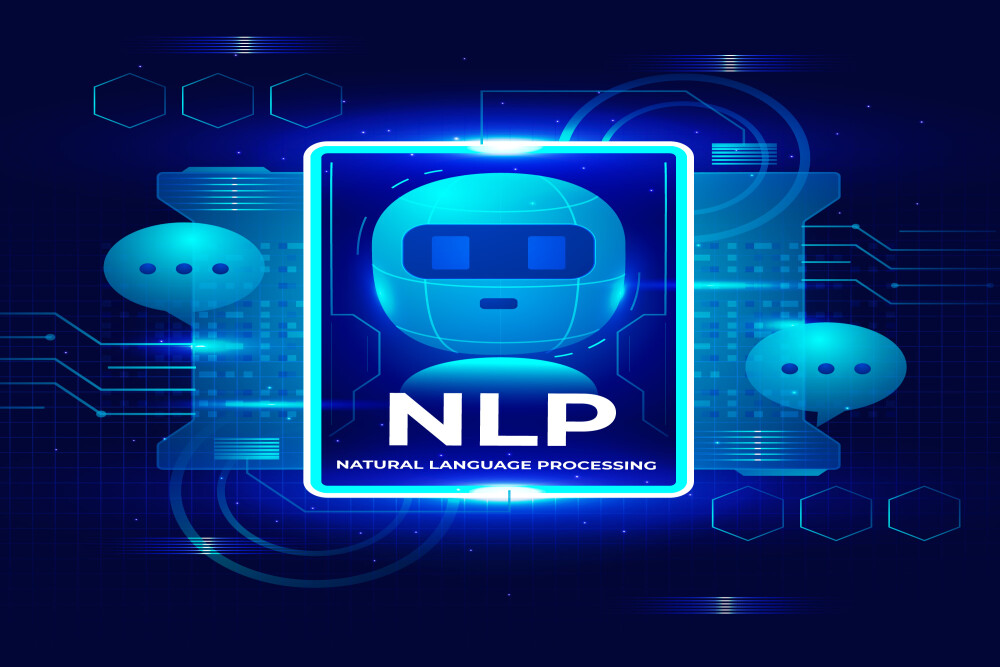Since the rise of artificial intelligence, most people are paying attention to its various branches that make AI so phenomenal. Branches like machine learning, deep learning, neural networks and so on. But this article will briefly introduce Natural Language Processing, NLP for short and its application in everyone’s daily life.
What is Natural Language Processing (NLP)?
Natural Language Processing is a branch of computer science that's more inclined towards artificial intelligence and linguistics. NLP is the ability of computers or machines to understand the various languages spoken by humans the way humans understand them.
Actually, these languages can be in a text or written form and by combining computational linguistics, machine learning, neural networks—machines grasp the full meaning of these languages.
To put in its simplest form, NLP is the training of computers to understand the human language.
How does Natural Language Processing work?
Ever wondered how popular grammatical tools like Grammarly works, well, it’s simple. NLP and other computational programs enable this. Here is a general overview on how natural language processing works.
- First, the computer takes in written or spoken language input from users.
- The inputted texts are broken down into individual phrases or sentences
- It further analyzes these phrases to see their grammatical structure, word relationships, and overall meaning of the text.
- Finally understands and recommends any improvements to the text if needed.
However, this can’t be done without certain algorithms in place. They enable the computer to analyze and process the text inputted more efficiently.
Applications of NLP
NLP is a versatile technology with applications in various industries. Let's explore some of the exciting ways NLP is used:
1. Virtual Assistants:
Ever talked to Siri, Alexa, or Google Assistant? These smart virtual assistants leverage NLP to understand your commands, answer questions, and perform tasks.
2. Language Translation:
NLP plays a vital role in online language translation services. It helps bridge the communication gap between people speaking different languages, making the world more connected.
3. Sentiment Analysis:
Companies use NLP to analyze customer feedback, social media posts, and product reviews to understand how people feel about their products and services.
4. Chatbots:
Many websites now have chatbots to provide instant support to customers. Actually, these chatbots use NLP to understand customer queries and offer appropriate responses.
5. Healthcare:
There are numerous ways NLP helps in the medical field. One notable area is in medical robotics and helping medical professionals in processing vast amounts of medical data.
Conclusion
Natural Language Processing is connecting the world in ways we may not even notice. From the voice-activated assistants in our smartphones to the seamless translation services online, NLP has become an indispensable part of modern technology. Furthermore, as NLP continues to evolve, we can expect even more exciting and transformative applications that will further enhance our daily experiences.
FAQs
Q1. How does NLP understand different languages?
NLP algorithms process vast amounts of multilingual data, enabling them to recognize patterns and linguistic structures specific to each language. This helps NLP models to grasp the nuances of different languages and improve their accuracy over time.
Q2.Can NLP be used in customer service?
Absolutely! Many companies use NLP-powered chatbots to provide instant and personalized customer support. These chatbots can handle customer queries, complaints, and requests, making customer service more efficient and accessible 24/7.
Q3. Is NLP safe to use?
Yes, NLP applications are generally safe to use. However, as with any technology, there might be privacy concerns when sharing personal information with NLP-driven services. It's essential to use reputable and trusted applications to ensure your data remains secure.
Q4. Can NLP be applied to medical fields?
Indeed! NLP has found applications in the medical field, such as analyzing medical records, extracting information from research papers, and even assisting in diagnosing certain medical conditions. Furthermore showing great promise in the growth of healthcare practices.
Q5. What does the future hold for NLP?
The future of NLP looks promising, with ongoing research and development. We can expect more accurate language understanding, better contextual comprehension, and even more natural interactions between humans and machines. NLP will continue to enhance our lives in various exciting ways.






Comments